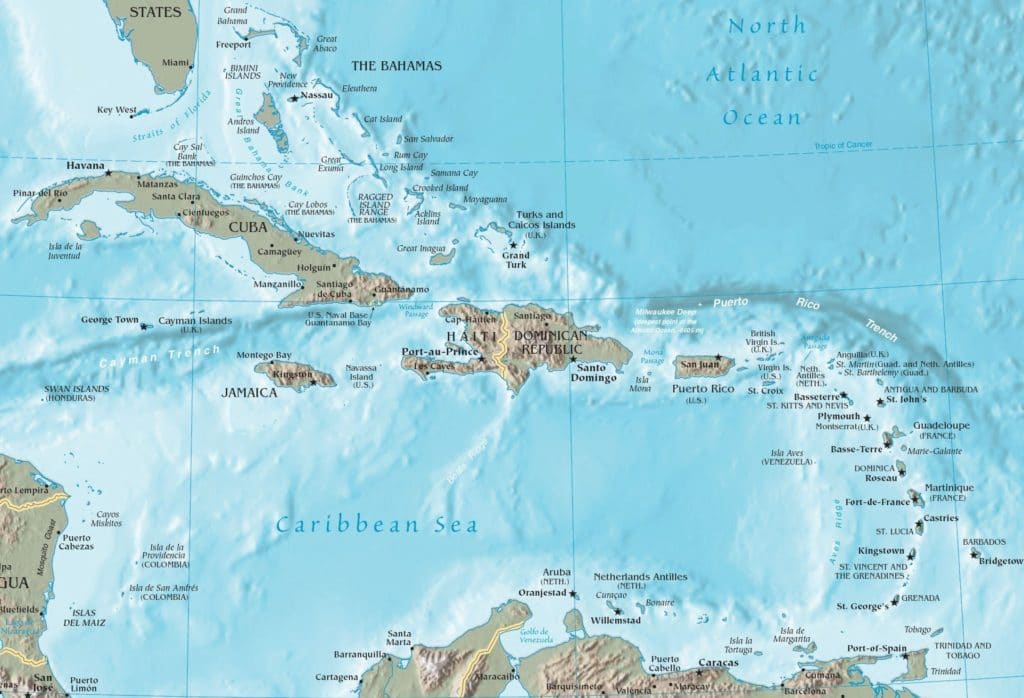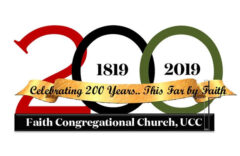The Changing Definition of African-American
How the great influx of people from Africa and the Caribbean since 1965 is challenging what it means to be African-American

By Ira Berlin SMITHSONIAN MAGAZINE February 2010
… [a] knot of black men and women—most of them technicians at the station—were talking about emancipation and its meaning. Once I was drawn into their discussion, I was surprised to learn that no one in the group was descended from anyone who had been freed by the proclamation or any other Civil War measure. Two had been born in Haiti, one in Jamaica, one in Britain, two in Ghana, and one, I believe, in Somalia. Others may have been the children of immigrants. While they seemed impressed—but not surprised—that slaves had played a part in breaking their own chains, and were interested in the events that had brought Lincoln to his decision during the summer of 1862, they insisted it had nothing to do with them. Simply put, it was not their history.
And so the “not my history” disclaimer by people of African descent seemed particularly pointed—enough to compel me to look closely at how previous waves of black immigrants had addressed the connections between the history they carried from the Old World and the history they inherited in the New.
46 total views , 1 views today
